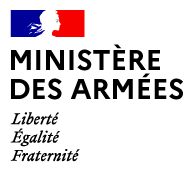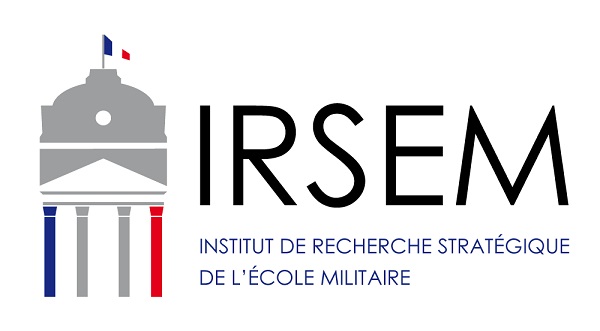This study examines the way in which Saudi Prince Mohammed Bin Salman (MBS), designated heir to the throne in 2017, is putting the kingdom’s youth at the heart of his economic and social transformation program, Vision 2030. Lacking support from his family, apart from that of his father, King Salman, which bestows upon him a measure of kingly legitimacy, the Prince chooses to rely on the majority class of the population, young people. He is using the enthusiasm among urban youth for his reform plans to consolidate his power through a communications strategy based on new technologies. By claiming to embody the aspirations of Saudi youth, MBS is laying the groundwork for a new type of governance, which is studied here in parallel with perceptions and expectations among a sample of young urban Saudis in Riyadh. Looking beyond the ultra-repressive authoritarian approach that characterizes the Prince’s governance, this study shows that by gambling on the allegiance of connected young urbanites, MBS is preparing his long-term political future. By reforming school curricula, prioritizing certain career paths, promoting a nationalist narrative and an Islam of the “righteous path”, he is turning away from Wahhabism in order to mold young urban Saudis via Vision 2030.
Download IRSEM's report No. 80




